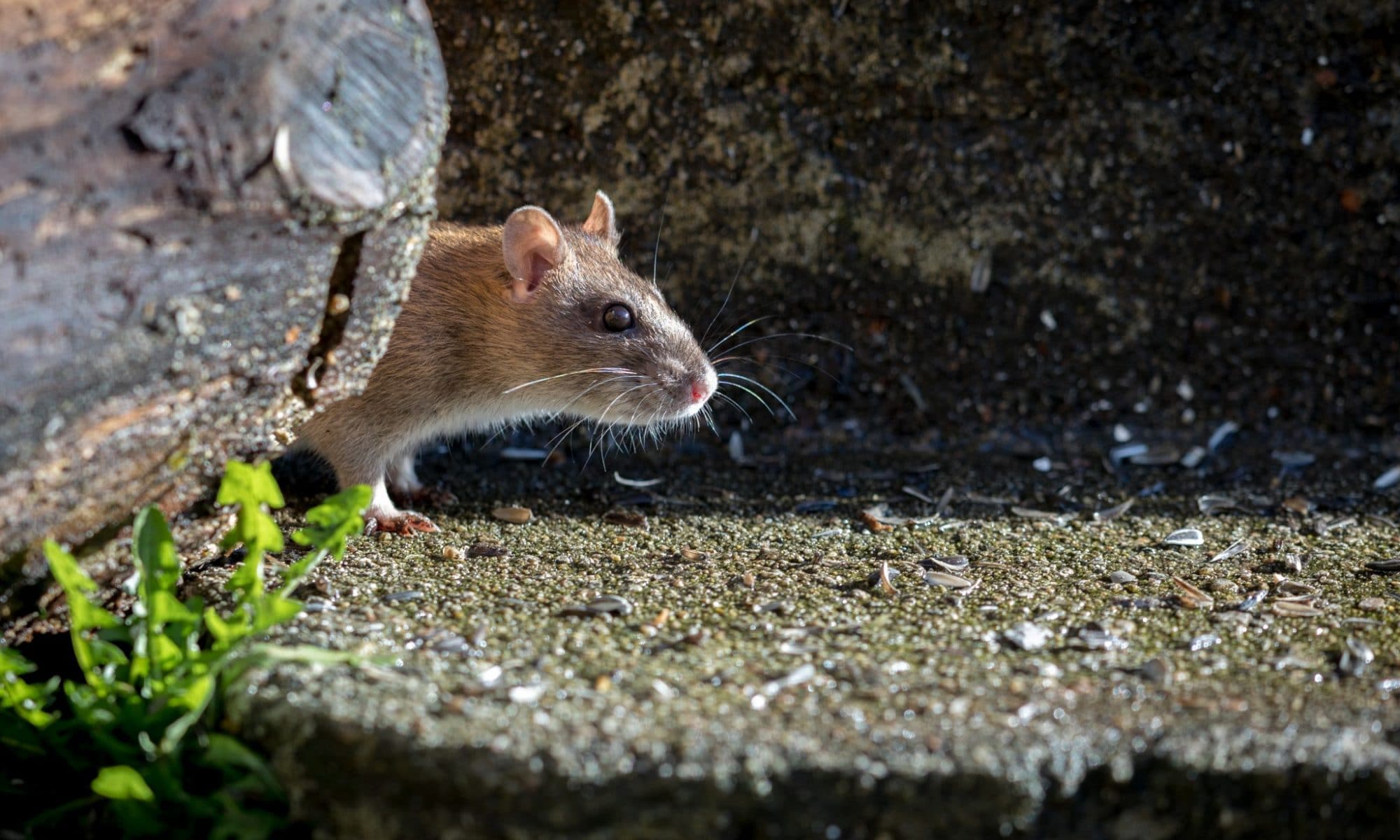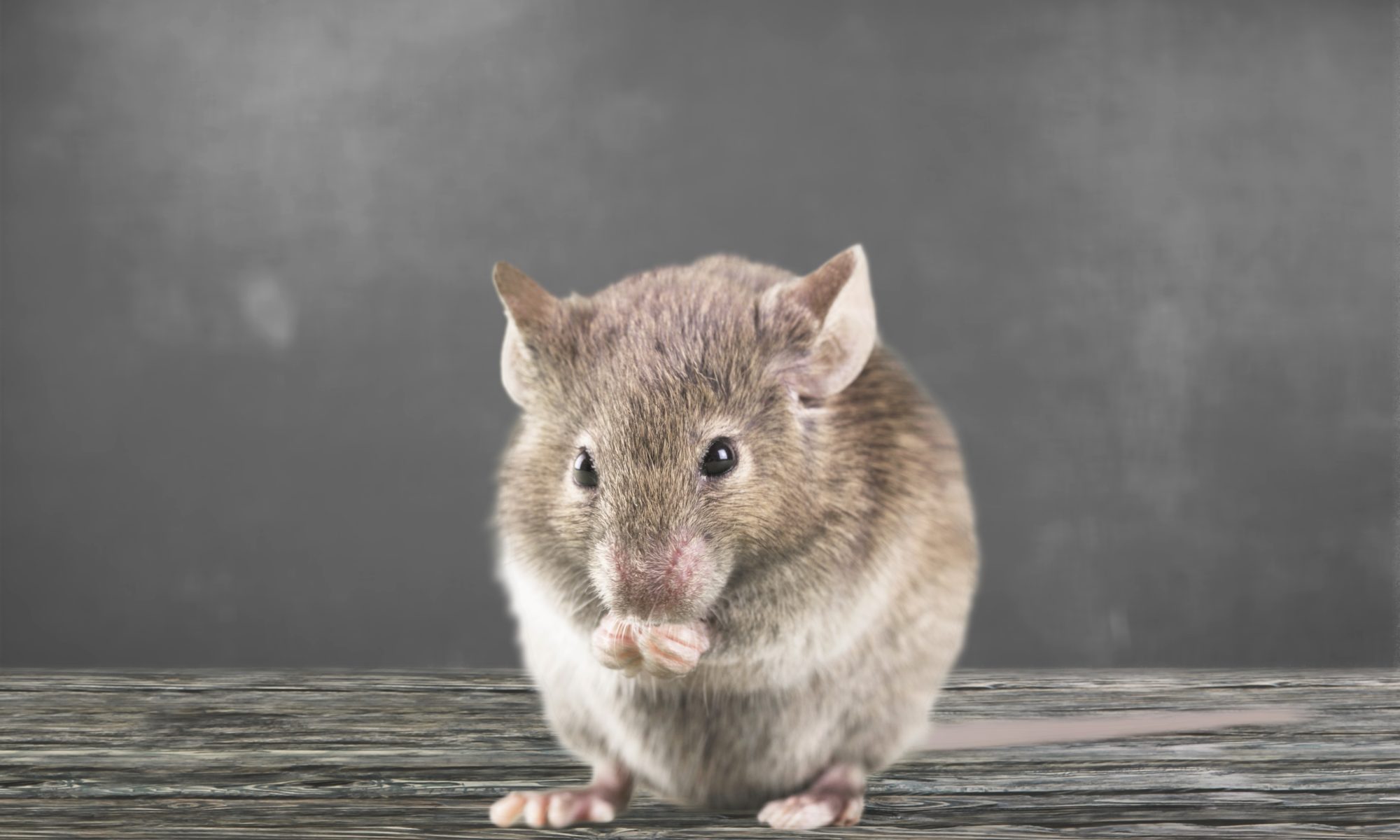
No matter where you live, there are expectations you have for your quality of life. We are confident that one of them is not having a rodent infestation.
Rodents are sneaky characters whose numbers often aren’t known until they are eradicated from their nest or seen. They like to creep around undetected and are biologically designed to do so.
Most homeowners may have an infestation and not realize it until they see just one rat. Usually, seeing this one critter signifies that there are many more who have not yet been spotted.
You may be asking yourself, how do I know I may have an infestation if rodents are so stealthy? Consider these common signs of a rodent problem in your home.
Since 1986 we have proudly served the Greater Minneapolis and Twin Cities areas. Contact us today to see how we can help you take back your home from unwanted pests.
1. Rodent Droppings

One of the first signs of a rodent infestation is droppings. Both mice and rats leave droppings that are deep brown and pointed at both ends.
Familiar places droppings are spotted are under sinks and around food sources.
If you do spot droppings in your home, we advise being extremely careful. Rat droppings can trigger respiratory diseases in humans.
The most common of these is Hantavirus Pulmonary Syndrome (HPS). Humans can contract this disease by breathing in particles from rodent urine and droppings.
The Mayo Clinic notes early signs are similar to influenza. They can include muscle ache, fever, and abdominal pain.
If you do see droppings, wear gloves and a mask while you clean. This will help to prevent you from catching HPS or other diseases from the droppings.
2. Odor

Another sign of a rodent infestation is odor. Those who have experienced an infestation have described smelling a rotten or musty odor.
This smell will worsen as the rodent infestation does and can be due to decaying rodents and their droppings.
The odor can often intensify in areas that rodents frequent and dissipate once the infestation has been cleared.
Remember, this odor can indicate droppings and dead rodents, which spread their diseases to humans. For that reason, we strongly suggest calling us to clean them and their odor from your home professionally.
3. Chew Marks

A true telltale sign of an active infestation is gnaw marks. These tiny marks can be seen on food packaging, electrical wires, and points of entry.
Constant chewing is how both mice and rats keep their front incisors shaped and a good size. They are prone to chewing on baseboards and flooring as well.
Their constant chewing can turn lethal to humans if they begin to chew on wiring in a home. When the insulation is stripped from electrical wires, an electrical short can cause a fire.
4. Noise

One of the first signs of a rodent infestation can be the sound of scampering or movement in walls or vents. The sound may also resemble scratching or chewing.
This can happen in homes or businesses and is an indication that you have a more severe infestation.
Both mice and rats are nocturnal, meaning that they forage for food and move mostly after sunset. This means that you are more likely to hear rodent sounds in the evening.
Rodents sometimes travel in heating vents because they can fit, and they are drawn to the heat.
Recently we posted a blog on the damage both mice and rats can do to an HVAC system.
Potential problems include the spread of disease through vents or fire from chewing through wiring in walls. It is imperative to rid your home of pests that may be in your home in either situation.
5.Pets

Housepets are quick to notice if there is something different or scurrying in a home. Odd behavior from your pets can indicate the presence of rodents.
Dogs and cats are especially sensitive to changes in their environments.
This behavior may translate as scratching at a wall they hear movement in. Also, take note of when your pet’s behavior changes in a particular area of your home where the rodents are.
Both cats and dogs have a much stronger sense of smell than humans. This means that they can smell an infestation earlier than we as humans could.
Cats can not only pick up the scent of pests; they sense their movements through their whiskers. They not only have whiskers on their face but their legs as well.
Your cat’s whiskers allow them to get a literal feel for their environment and disturbances in it.
Dogs use their excellent sense of smell to sniff out rodents, which they see as a threat to their environment.
If You Have A Rodent Infestation, We’re Here for You

Since 1986 our business has been helping families to take back their homes from pests. We take the time to get to know you and choose a method to keep pests away.
Affiliating with the National Pest Management Association and Minnesota Pest Management Association provides us access to our industry’s best minds.
We can learn from them as well as witnessing the newest methods of responsible pest extermination.
Methods gleaned from these organizations and our own experience help us treat your home while keeping the environment in mind.
We treat your home by finding the source of your rodent infestation so that we can keep them away.
Whether you need services for a house, business, or apartment building, we’re here for you! Visit our site today to learn more about pest management and receive a free quote.







